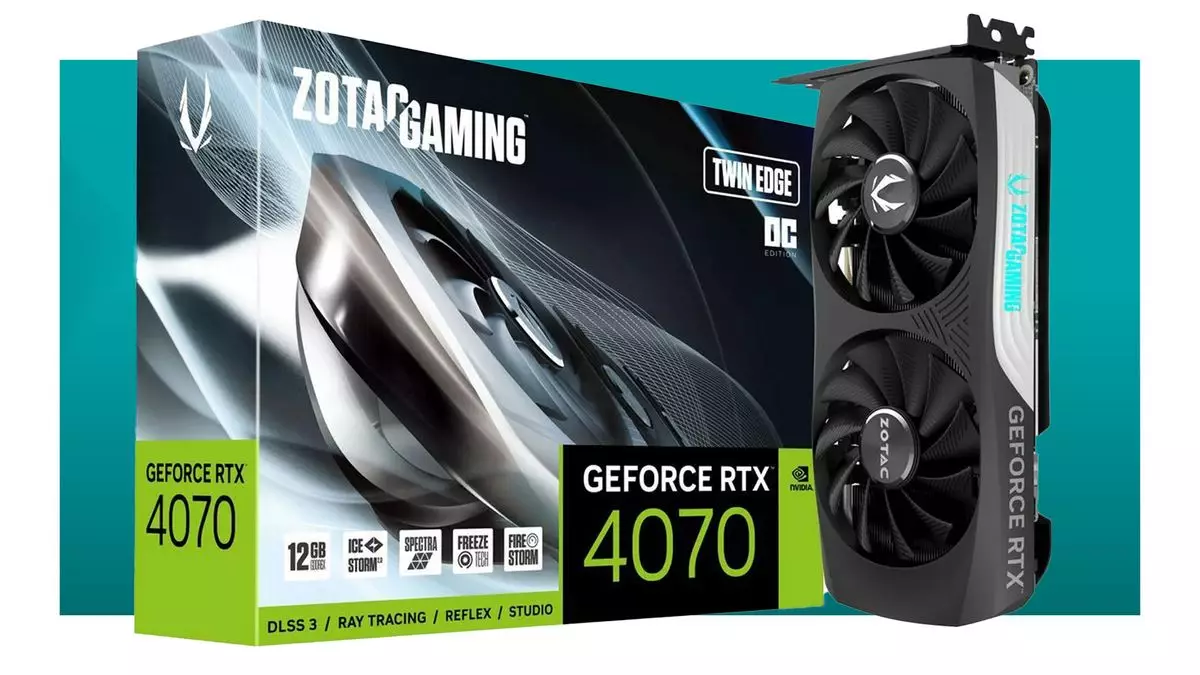In the ever-evolving landscape of computer hardware, graphics cards remain a pivotal component, especially for gamers and content creators alike. The Nvidia RTX 40-series has managed to maintain its market value remarkably well, despite anticipation of next-generation GPUs on the horizon. The industry buzz suggests that these current models may soon become less relevant, paving the way for the anticipated RTX 50-series scheduled for release next year. With AMD’s RX 7800 XT also entering the fray at competitive prices, consumers are left at a crossroads: is it prudent to invest now, or should one wait for potential innovations?
As rumors swirl regarding the RTX 50-series, the implications for current generation graphics cards intensify. Nvidia typically delivers significant advancements in performance with each new series, and expectations are high for the forthcoming models. These improvements could include higher CUDA core counts, enhanced ray tracing capabilities, and better energy efficiency. For gamers contemplating an upgrade, the imminent release of the new series could mean that investing in a current model may not yield the best long-term benefits.
Furthermore, the upcoming models may also shift the pricing model of existing GPUs, as retailers seek to move inventory ahead of the new release. This juncture often allows consumers to find better bargains, particularly during sales events like Black Friday. Being strategic about timing can lead to substantial savings or favorable upgrades.
For those who find themselves in urgent need of a graphics card, whether due to an unexpected failure of an existing component or a desire to enhance gaming experiences, there are still viable options available. The Zotac Twin Edge RTX 4070, currently priced at just under $500, stands out as a solid choice with its 5,888 CUDA cores, substantial VRAM, and advanced features that cater to modern gaming requirements.
Alternatively, AMD’s RX 7800 XT priced at approximately $480 presents a compelling option for budget-conscious gamers seeking good performance. Both of these graphics cards deliver quality gaming experiences; hence, the decision may hinge on brand preference and specific gaming needs rather than clear superiority in performance.
While deals on current graphics cards may appear appealing, the potential benefits of waiting for the arrival of the RTX 50-series could be substantial. The market often sees price drops as new products are introduced, leading to excellent deals for consumers who are willing to hold off on their purchases. As Black Friday approaches, the likelihood of discovering great deals increases, making it worthwhile for potential buyers to remain patient and observe how the market fluctuates.
Whether you’re inclined to purchase now or wait hinges on your immediate needs and willingness to navigate the uncertainty of the hardware market. The constant advances in technology and pricing strategies necessitate a thoughtful approach, but there’s no harm in biding your time for optimal value.

